
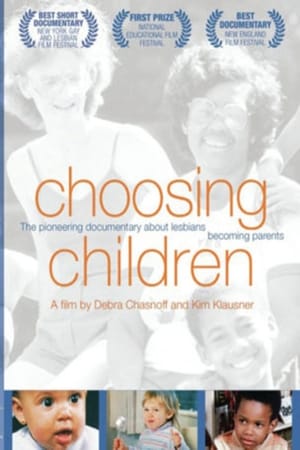
Choosing Children(1984)
Launching the Lesbian Baby Boom
CHOOSING CHILDREN is a pioneering film about parenting in non-traditional families and helped to open dialogue about the meaning and reality of the "modern family." This film takes an intimate look at the issues faced by lesbians and gay men who decide to become parents after coming out.

Movie: Choosing Children

Choosing Children
HomePage
Overview
CHOOSING CHILDREN is a pioneering film about parenting in non-traditional families and helped to open dialogue about the meaning and reality of the "modern family." This film takes an intimate look at the issues faced by lesbians and gay men who decide to become parents after coming out.
Release Date
1984-11-12
Average
1
Rating:
0.5 startsTagline
Launching the Lesbian Baby Boom
Genres
Languages:
EnglishKeywords
Similar Movies
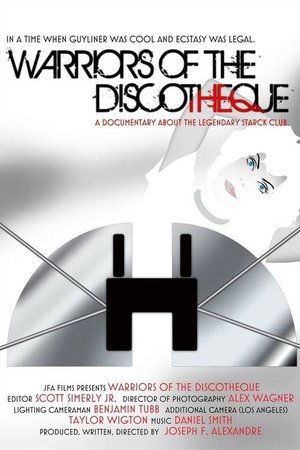 5.3
5.3Warriors of the Discotheque(en)
The place is the notorious Starck Club (so called because it was the first major project designed by Philippe Starck in the US.) The Starck Club opened in Dallas in 1984 and not long after hosted the 1984 national Republican Convention. Ironically, it was actually legal to buy MDMA aka ecstasy there, people would put it on their credit cards. The DEA stepped in and made it a category 1 drug on July 1, 1985... In a time when ecstasy was legal & guyliner was cool.
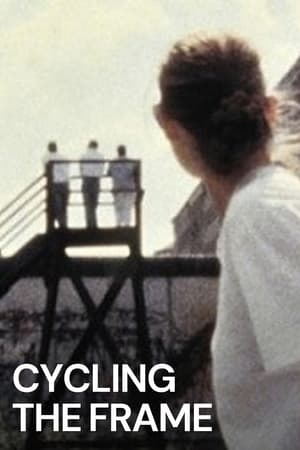 6.9
6.9Cycling the Frame(en)
In 1988, Tilda Swinton toured round the Berlin Wall on a bicycle - starting and ending at the Brandenburg Gate - accompanied by filmmaker Cynthia Beatt. As Swinton travels through fields and historic neighborhoods, past lakes and massive concrete apartment buildings, the Wall is a constant presence.
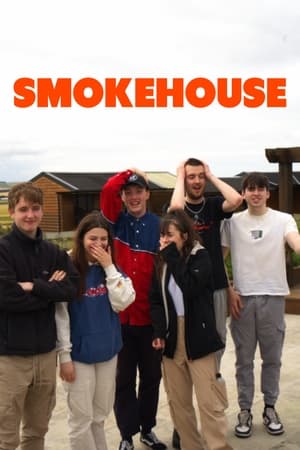 10.0
10.0Smokehouse(en)
A group of friends reunite in the north of Scotland during summer.
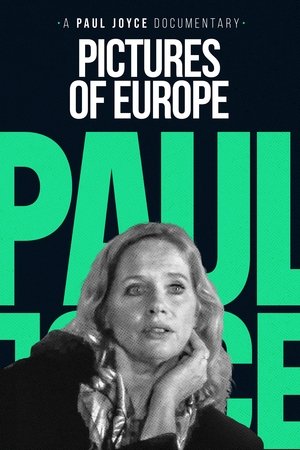 0.0
0.0Pictures of Europe(en)
What makes European cinema so special? Find out in Paul Joyce’s feature-length documentary, Pictures of Europe, which examines the differences between American independent and Hollywood movies and films from European directors. Featuring luminary iconoclasts from European cinema such as Agnes Varda, Bernardo Bertolucci and Pedro Almodovar, as well as American counterpoints from Paul Schrader, and those who have crossed back and forth, such as Paul Verhoeven
 8.0
8.0Was ist Zeit? - Das ewige Rätsel(de)
From prehistoric times to our technologically accelerated present, this exciting and entertaining journey through time explores the thousands of ways in which mankind has perceived, measured and passed time over the course of its history.
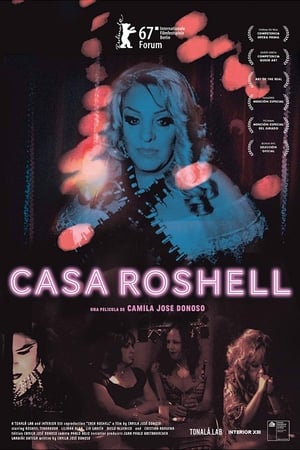 4.5
4.5Casa Roshell(es)
You’d never know this is your home away from home. The surveillance camera outside shows a drab reception area and an unremarkable street in Mexico City; inside, the lights flash, but the tables are empty. Yet preparations are soon underway and fixed categories cease to apply: stubble is removed, make-up applied and strands of hair are teased into place; the camera is trained not on the men themselves, but what they see in the mirror.
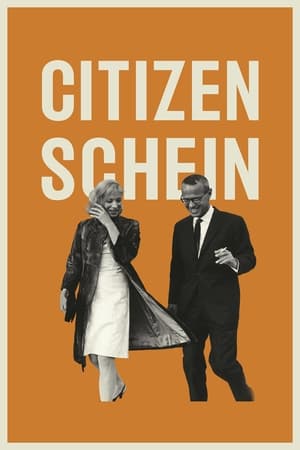 6.0
6.0Citizen Schein(sv)
Harry Schein was an anomaly in Swedish cultural society. Equal parts playboy, intellectual, and political visionary, his life story could very well be the foundation of a Hollywood film. Citizen Schein is a film about a refugee who refused to look back, a film about powerful men, and the myths that fuel them.
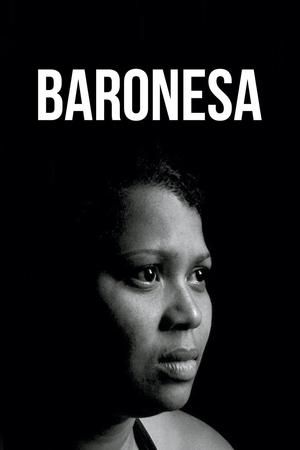 6.1
6.1Baronesa(pt)
The everyday life of a Belo Horizonte lower class neighborhood.
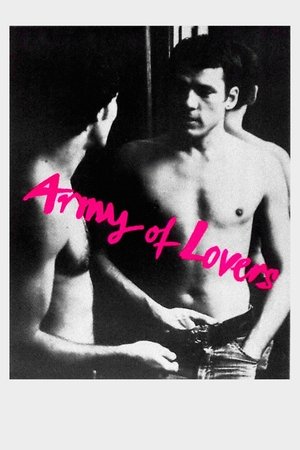 4.0
4.0Army of Lovers or Revolt of the Perverts(de)
Personal diary-style documentary of German Gay rights activist Von Praunheim's sojourn in the US.
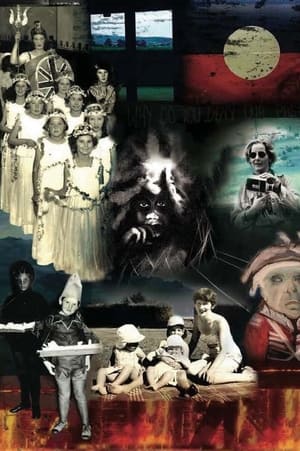 5.0
5.0Island Home Country(en)
A poetic cine-essay about race and Australia’s colonised history and how it impacts into the present offering insights into how various individuals deal with the traumatic legacies of British colonialism and its race-based policies. The film’s consultative process, with ‘Respecting Cultures’ (Tasmanian Aboriginal Protocols), offers an evolving shift in Australian historical narratives from the frontier wars, to one of diverse peoples working through historical trauma in a process of decolonisation.
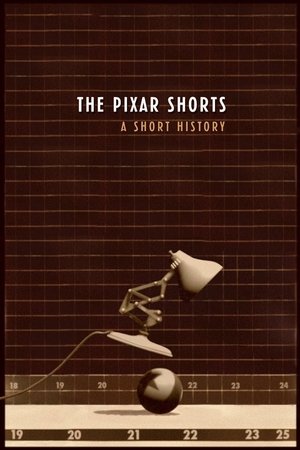 7.6
7.6The Pixar Shorts: A Short History(en)
The story of Pixar's early short films illuminates not only the evolution of the company but also the early days of computer animation, when a small group of artists and scientists shared a single computer in a hallway, and struggled to create emotionally compelling short films.
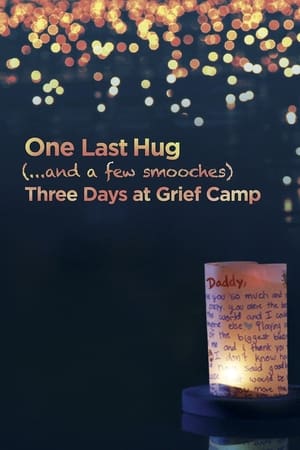 6.8
6.8One Last Hug(en)
"One Last Hug" chronicles a three day summer camp for children learning to cope with the death of a loved one. With the guidance of trained professionals, grieving children as young as seven years old learn that their feelings are normal, and that by talking about them they can begin to heal. A testament to the healing power of shared sorrow, One Last Hug shows the often-unseen and particular experience of children's grief.
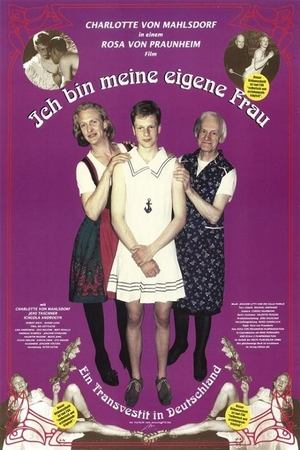 4.3
4.3I Am My Own Woman(de)
The life story of Charlotte von Mahlsdorf, who survived the Nazi reign as a trans woman and helped start the German gay liberation movement. Documentary with some dramatized scenes. Two actors play the young and middle aged Charlotte and she plays herself in the later years.
The Bear Man(en)
A 45 minute account of the life of a humble logger, named Vince Shute, who made one decision that would ultimately affect the black bear and the attitudes that people have of this often misunderstood animal. This short film goes into great detail about the history of The American Bear Association and the formation of the Vince Shute Wildlife Sanctuary.
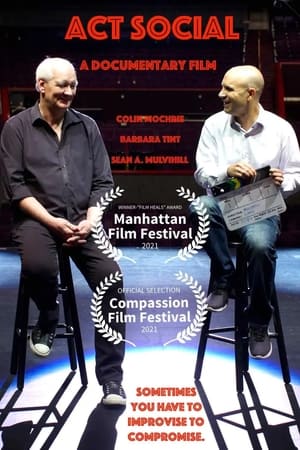 0.0
0.0Act Social(en)
Civil discourse is vanishing from modern society. Improv comedians heal the divide in this documentary feature film starring Colin Mochrie (Whose Line is it, Anyway?) that explores the use of improvisation for conflict resolution. Republican Karl Rove performs improv with Colin Mochrie and endears himself to a room half-full with Democrats. Police officers do improv with local youth in order to learn listening skills. Dr. Daniel J. Wiener brings couples back from the brink of divorce using improv. Dr. Charles Limb places Second City improv comedians in a functional MRI machine to see what happens in the brain when we improvise.
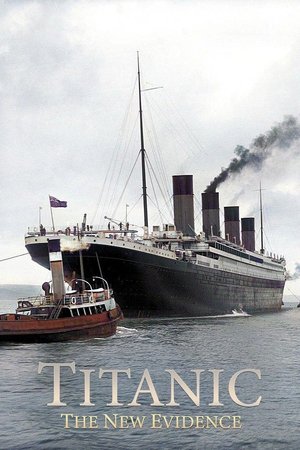 7.1
7.1Titanic: The New Evidence(en)
This documentary draws on new evidence to reveal that a fire was raging in Titanic's boiler rooms before she left port, that it was kept secret and, it's now believed, that it led to the tragedy
 7.3
7.3Martha(en)
Told in her own words, this candid documentary charts the unstoppable rise, sudden fall and hard-won comeback of lifestyle icon Martha Stewart.
 8.0
8.0All the Mountains Give(ku)
A powerful account of the Kolbari covert goods traden between the Kurdish cities and towns of Iran and borders of Iraq. The film follows Hamid and Yasser over six years as they contend with the life threatening conditions they and their families have to face to survive. A rare insight into the plight of the Kurdish people, this is an elegant portrait of a marginalised people, where the palpable sense of risk and danger is contrasted with the gentle rhythms of family life under harsh conditions.
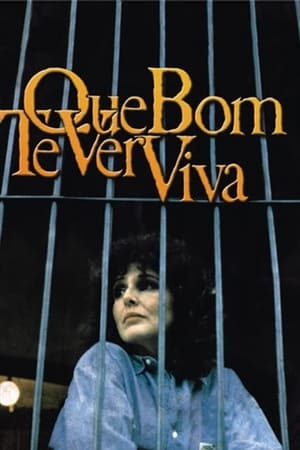 7.2
7.2How Good to See You Alive(pt)
Four years after a military coup overthrew the Brazilian government in 1964, all civil rights were suspended and torture became a systematic practice. Using a mix of fiction and documentary this extraordinary film is a searing record of personal memory, political repression and the will to survive. Interviews with eight women who were political prisoners during the military dictatorship are framed by the fantasies and imaginings of an anonymous character, portrayed by actress Irene Ravache.
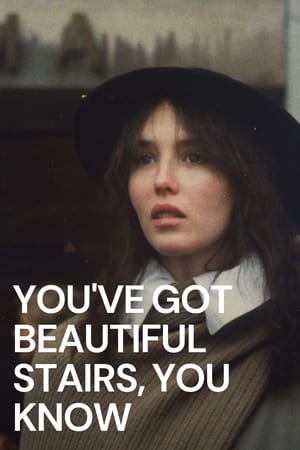 5.9
5.9You've Got Beautiful Stairs, You Know...(fr)
Short directed by Agnès Varda in 1986 on the occasion of the 50th anniversary of the French Cinematheque, presenting a contrast between the famous stairs from the place along with classic film images also revolving around stairs.